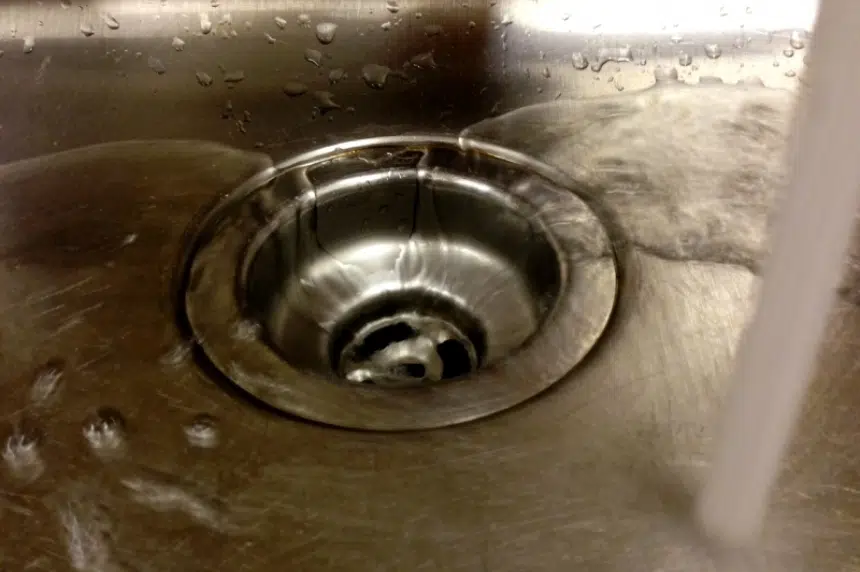City council will be presented with a plan next week to replace all of Regina’s remaining city-owned lead water service connections in 15 years.
On Wednesday, the operations and community services committee endorsed the plan, which targets 2036 as the completion date for the work.
Coun. Cheryl Stadnichuk proposed an amendment to speed up the work and have it finished by 2031.
“It’s the health risks that we need to take quite seriously and try to address them as quickly as we can,” Stadnichuk said.
Her motion was defeated by her fellow committee members, councillors Landon Mohl, Lori Bresciani and Bob Hawkins.
A 15-year deadline would see replacements doubled to 240 per year. It would require increasing the utility rate by two per cent in 2022, roughly a $3.16 increase per month for the typical residential customer.
The issue of lead water infrastructure was the subject of a 2019 investigation by a consortium of journalists across Canada. Their work revealed that Regina was among numerous cities that had elevated lead levels in drinking water.
That winter, council approved an accelerated timeline that would see the work completed in 2025.
While the majority of city-owned connections are lead-free, about 3,600 lead connections remain, concentrated in older neighbourhoods like North Central, Cathedral and Heritage.
The committee was presented with other options, including the status quo, where replacement would be finished by 2050. It also considered timelines of five and 10 years.
However, there would be tradeoffs. The report by city administration notes the 10-year plan would require raising the utility rate for a second year. As well, the more aggressive targets would see recently paved roads dug up, reducing their lifespan.
“This is something you have to look at from a whole city point of view,” Hawkins said. “It’s three wards — 1, 2 and 3, mine being 2 — that would benefit most and yet we’re asking the whole city to help pay for this and I think we have to keep that in mind before we impose an additional burden on the entire city.”
Coun. Andrew Stevens represents Ward 3, which includes North Central. He would prefer a faster timeline for replacement and was part of the last council that approved a five-year deadline.
“So this was a public health and safety concern that brought the motion to council for approval versus how concerned are we about roads and sidewalks,” Stevens said.
“I do recognize that it does seem silly when you look out your window (and) you see a perfectly good road that might have just been repaired, all of a sudden, being dug up.”
Eliminating lead connections will not be enough to guarantee lead-free water from the tap. The plan also calls for mandatory replacement of lead connections on private property. It’s estimated there are between 7,000 and 8,000 of them in the city.
Replacement could cost a homeowner between $5,000 and $10,000 so a payment program is being proposed that would include interest-free financing with upfront fees depending on the term of payment.
Council is to review the plan on May 26. Until then, Stevens said he wants to hear from residents on whether they will accept a 15-year timeline, higher utilities and the requirement to replace the connection on the private side.
In the meantime, he’s urging people to take advantage of the city’s program to either provide water filters or rebates.
While the city notifies tenants and landlords, along with community associations, the report says only about 20 per cent of eligible residents participate in the program.
“I don’t know how the message could have been missed in that process. So that is a frustration. I can’t account for it,” Stevens said.







